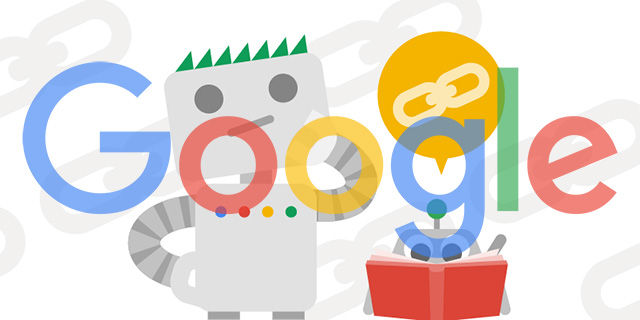Google Concludes October 2023 Anti-Spam Enhancement

Google has successfully implemented the Anti-Spam Enhancement for October 2023, which zeroes in on superficial and deceptive content.
As of October 20, Google verifies the complete implementation of its Anti-Spam Enhancement for October 2023.
This initiative to counter spam was first made public on October 4.
Upon their declaration, Google highlighted that the decision for this latest enhancement was fueled by user insights. Several users noted a rise in spam outcomes during searches in their primary languages.
Through this enhancement in spam detection, Google aims to refine search outcomes for global users.
How Google Tackles Unwanted Content Google merges the prowess of automated tools and human oversight to pinpoint and diminish spam-ridden pages and portals.
An example of such a system is SpamBrain, which employs AI and machine learning to monitor and combat emerging spam methods.
To match the continuous changes in spam patterns, Google launches updates like these periodically.
Google’s Stance on What’s Deemed Spam or Deceptive Google’s anti-spam guidelines define the taboo practices. The list of practices tagged as spam by Google comprises:
- Concealed texts or links which remain hidden to users but are indexed by search engines.
- Content that’s generated automatically with negligible original input.
- Mass unauthorized content scraping.
- Webpages cluttered with intrusive ads.
- Affiliate content that’s lean but intensively monetized.
- “Gateway” pages and schemes designed to deceive search crawlers.
- Over-assertive or deceptive marketing methods, such as baseless promises.
Google suggests that portals concentrate on ensuring a clear, trustworthy user journey. Those who comply are likely to remain unaffected post such updates.
The Effect on Web Portals This recent enhancement by Google underscores the importance of being acquainted with optimal protocols. Portals that feel the brunt need to reassess their content and SEO approaches.
Inspect for lean affiliate articles, cloaked text, lifted content, and ad saturation. Rectify strategies that seem too salesy or deceitful.
Moreover, keep abreast of Google’s directives and routinely assess your website.
Guidance For Content Creators The golden rule remains — platforms must prioritize circulating top-tier content to sidestep Google’s anti-spam actions. Content that’s insightful, captivating, and unique stands a lower chance of being penalized. Contrarily, shallow or copied content is more vulnerable.
Consistently overseeing backlink profiles and carrying out website evaluations can pinpoint potential issues. Swift rectifications are key.
Putting user satisfaction over quick fixes or gimmicks remains the sure-shot route to retaining Google’s trust. Centering on genuine worth and clarity is beneficial for websites.
